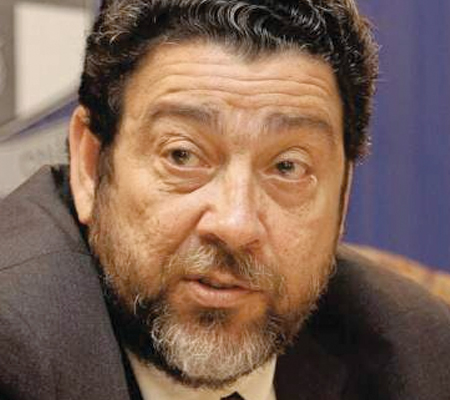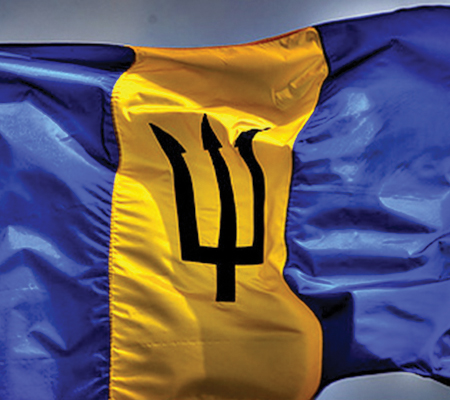Britain’s Foreign Affairs Committee is to launch a new inquiry into how the Foreign and Commonwealth Office (FCO) manages its responsibility to ensure the security and stability of the UK’s 14 Overseas Territories.
The UK’s fourteen Overseas Territories are: Anguilla; Bermuda; British Antarctic Territory; British Indian Ocean Territory; British Virgin Islands; Cayman Islands; Falkland Islands; Gibraltar; Montserrat; Pitcairn Islands; St. Helena, Ascension and Tristan da Cunha; South Georgia and South Sandwich Islands, the Sovereign Base Areas of Akrotiri and Dhekelia on Cyprus; and Turks and Caicos Islands.
The chair of the Committee, Tom Tugendhat MP, said: “The Overseas Territories have a special place in our constitution. They are self-governing but part of the United Kingdom. As our place in the world changes, we need to think about the effect on them and whether the structure of our relationships still work. The Committee will look at these distant parts of our community and look at how we work to support all our communities.”
The FCO has primary responsibility for the UK Overseas Territories (OTs). These OTs are spread across four oceans and eight time zones. With a total population of 250,000, they cover a seven million sq. km maritime zone. They range from Bermuda, with 64,000 people and a maritime area of 53 sq. km, to the British Antarctic Territory, with no permanent residents but a maritime area of 1.8 million sq. km. These dispersed territories support the UK’s global reach but ensuring their security and stability, while respecting the principle of self-government, presents a major challenge to the FCO.
Many face similar challenges. Most raise their own revenues but many depend on funding from a range of government departments and international organisations. Many have struggled to build sustainable economies while adapting to the increasing demands of global transparency. Several are the subject of sovereignty claims. They include some of the world’s richest biodiversity maritime zones but most are heavily exposed to climate change and increasingly regular extreme weather events.
In recent years, the OTs have been exposed to shocks, from the Panama Papers in 2015, to the Brexit vote in 2016, and Hurricanes Irma and Maria in 2017. This led some OTs to question the government’s willingness to support them. Relations have been put under further strain due to high-profile instances of divergence between the UK and some of the OTs on issues such as civil rights and financial transparency.
In the light of these concerns, the inquiry will consider the resilience of the OTs, how effectively the FCO manages its responsibilities towards them, and how it envisages their future. The inquiry is likely to be structured around overarching themes but may look at individual OTs, as and when appropriate.





